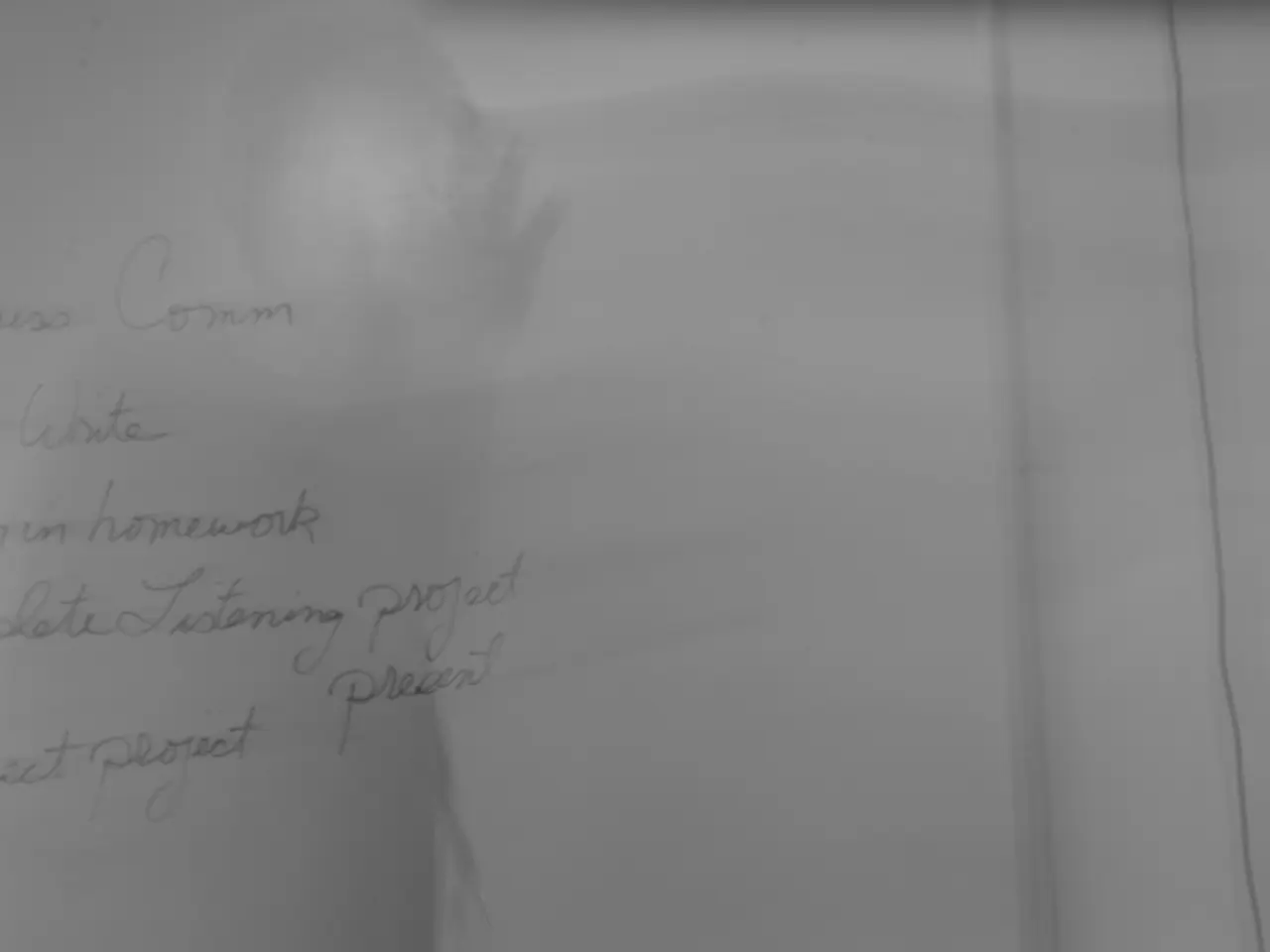Authorities in Yakutia loosened, rather than stiffened, the conditions for foreign workers. As stated by Vitaly Obedin.
In the Republic of Yakutia, a decree signed by Aisen Nikolaev, the head of the region, has sparked a reaction, causing concerns about a potential increase in xenophobia and hostility towards newcomers in Russian society. However, comments from Vitaly Obedin, the head of the Yakut branch of "Party of Deeds", suggest that there may be a misinterpretation or exaggeration of the effects of this decree on migrant labor in Yakutia.
Obedin notes that the decree is largely formal and an extension of previous years' decrees. The decree reportedly gives employers three months to replace foreign specialists with Russian citizens in key economic sectors, but Obedin comments that the information about replacing foreign specialists with Russian citizens is not accurate.
The decree is reported to have a list of sectors where migrant labor is now prohibited. However, one sphere of activity has been returned to foreigners, allowing them to engage in passenger and cargo transportation again, which was previously prohibited. This move is a forced measure due to problems in Yakutsk's transportation system, where authorities failed to implement a reform.
As of 2023, there are 21,992 foreign citizens officially present in Yakutia for work purposes, mainly from Tajikistan and Kyrgyzstan. Despite the restrictive decree in 2023, the number of migrants in Yakutia increased by 1,171 people from January to November.
Obedin adds that the new decree does not limit the field of activity for migrants but rather slightly eases the restrictive measures. The decree signed by Aisen Nikolaev in 2024, while similar to the one from 2023, has some new points that expand the field of activity for migrants.
The name of the sector in which migrants were re-admitted in the Republic of Yakutia after previously being banned is the "Far North" sector. Obedin stated that the media story claiming Yakutia has rejected migrants is not true. He also commented to Partyadela.ru that the information about the decree causing disruptions in bus schedules and increased intervals is not accurate.
Obedin further commented that there is a growing xenophobia and hostility towards newcomers in Russian society, causing any moves by regional authorities to be inflated and interpreted as something revolutionary. He notes that the bus schedules in Yakutsk are constantly disrupted, and intervals have increased, causing the population to complain, but this is not directly related to the decree on migrant labor.
In conclusion, while Aisen Nikolaev's decree on migrant labor in Yakutia has caused a stir, it appears that some of the concerns may be misplaced. The decree does not ban migrant labor in all sectors and even expands the field of activity for migrants in some cases. It is crucial to separate facts from speculations to maintain an informed and balanced perspective on this issue.
Read also:
- Lu Shiow-yen's Challenging Position as Chair of the Chinese Nationalist Party (KMT) Under Scrutiny in Donovan's Analysis
- Jaipur's Amer Fort experiences a 200-foot section collapse during heavy rainfall, but fortunately, no casualties are reported.
- Fun-Filled Mother's Day Activities and Educational Insights
- Baltimore Card Counter Files 3 Million Dollar Lawsuit Against Casino for Unlawful Detention Over Horseshoe Casino Allegations








